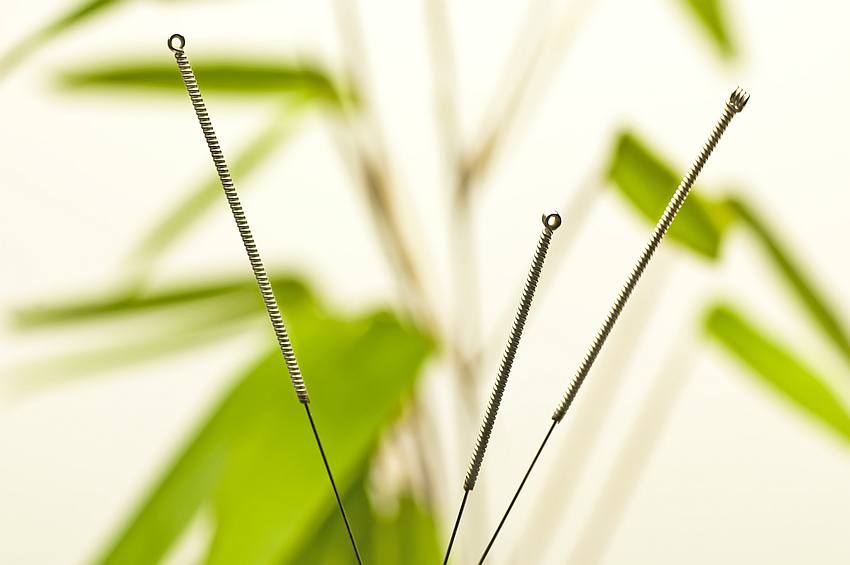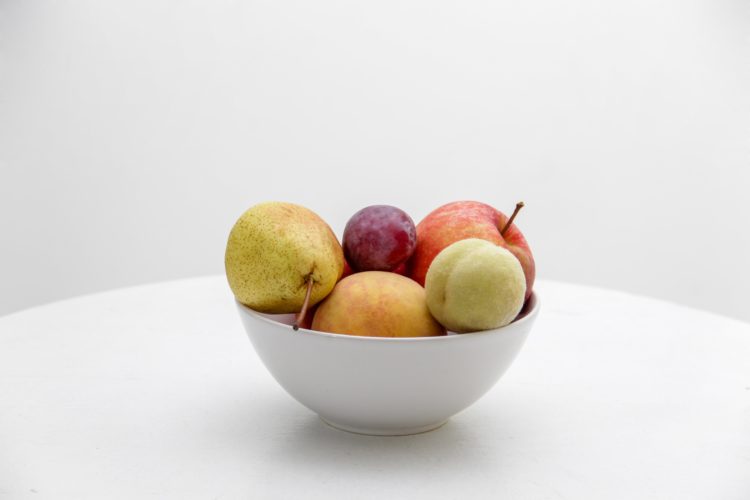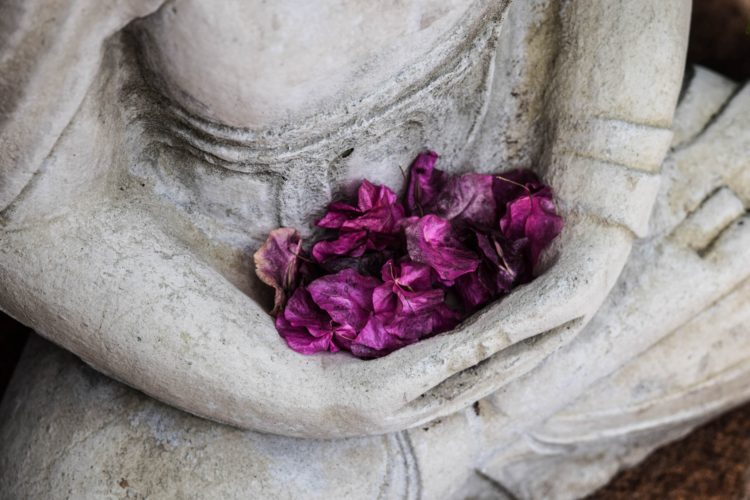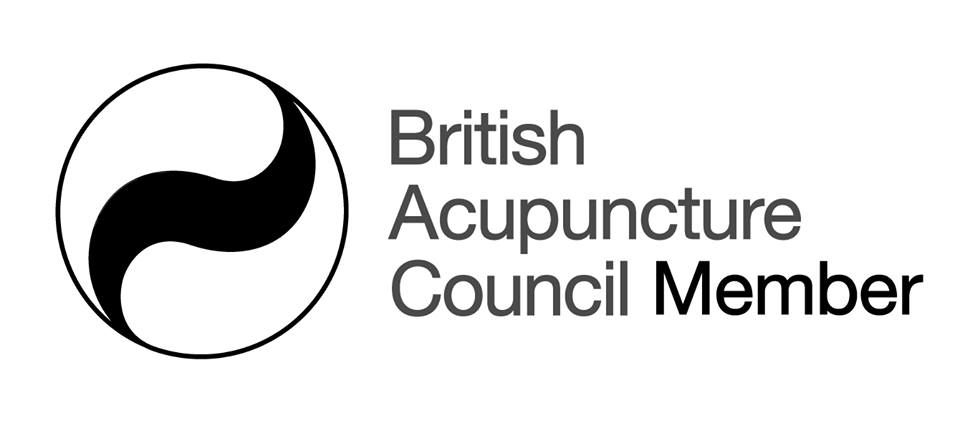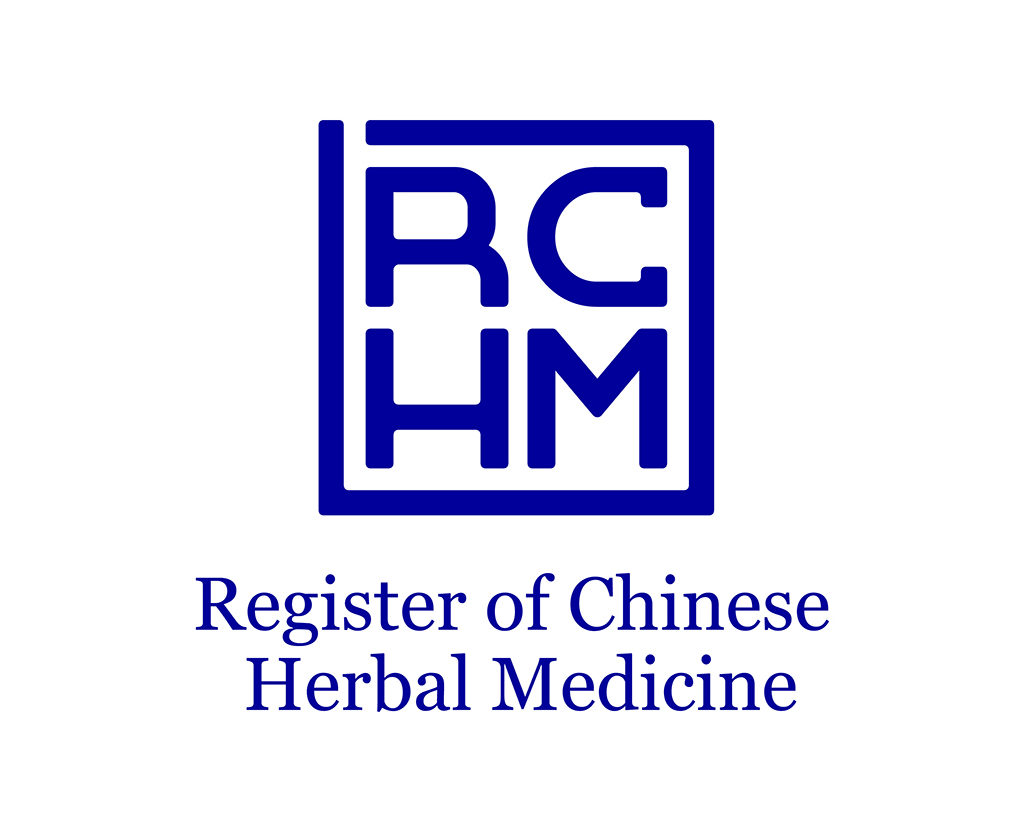Thrush and BV
Natural remedies for health

Vaginal infections
Most things in life are a balancing act, and so it is with thrush and BV. There are all kinds of natural organisms living all over our skin and inside our bodies. These are normally harmless, sometimes of positive benefit and occasionally, if they get out of control, problematic.
Your vagina naturally has a balanced population of bacteria and fungus and maintains an acid environment which allows the good guys to flourish and prevents the bad guys from getting out of control.
Antibiotics, stress, reduced immunity, diabetes or poor blood sugar control, and high estrogen levels can all be underlying factors in both conditions.
Thrush - Candida
Thrush is an overgrowth of a fungus called candida albicans, It’s NOT an STI, and it is very common – most women have it at least once in their lifetimes.
It’s often triggered by your period, by sex, antibiotics and some other medication, if your immune system is a bit below par, if you’re diabetic or take the pill, and is also common when you’re pregnant, whern your estrogen levels are high.
The main symptoms of thrush are
| Common symptoms of thrush | ||
|---|---|---|
| Heavy, white vaginal discharge | Thin watery discharge | Odourless discharge |
| Vaginal soreness | Itching in vulva and vagina | Redness and soreness of the vulva |
| Sex can be painful |
If you think you might have thrush, it’s sensible to do something about it before it really takes hold. If you go to your GP, he/she will probably give you a course of anti-fungal medicine.
You should certainly always go the doctor’s if your symptoms change to include discoloration of the discharge, vaginal bleeding or genital sores, as these can be signs of STIs or, in the case of bleeding, even cancers.
If you’ve had thrush before and you’re sure that’s the problem, both acupuncture and herbs can help. Again the sooner you start dealing with it the easier it will be to get rid of it.
If you’re pregnant or breastfeedig always see your GP before taking medicines, including OTC remedies. Most pregnant women prefer not to take medicines in case they affect the baby, ao scupuncture can be a relief as it is non-toxic and won’t harm the baby, and if you’re breast feeding, there’s nothing to find its way into your milk.
Thrush can become annoyingly recurrent and acupuncture and CHM can help prevent future attacks by addressing your underlying ‘energetic imbalances’..
BV - Bacterial vaginosis
Bacterial vaginosis is the most common vaginal infection in women during their child bearing years. The most common culprits are two bacteria called gardnerella and prevotella. In common with thrush, a change in the pH (acid) balance of the vagina gives these bugss the chance to fthrive.
Although BV is generally pretty harmless, it can make you more susceptible to STIs, which can lead to pelvic inflammatory disease in the long term, and may possibly slighly raise the chances of pre-term birth. More recently, research shows that BV may be implicated in female fertility problems.
BV is frequently symptomless, otherwise the main symptom is a fishy smelling thin grey discharge or just a generally fishy smell. It rarely causes itching or soreness.
Like thrush, BV can recur – often within 3-12 months of a first attack. Making sure you completely get rid of it and improving the vaginal environment should reduce the chances of it coming back.

Acupuncture & herbs for thrush & BV
Both acupuncture and herbs have anti-inflammatory actions and stimulate the immune system and many herbs are anti-biotic or anti-fungal.
Both types of treatment can help kill off the bad guys, re-balance the vaginal pH allowing the ‘good’ bacteria to thrive, and help clear overgrowths of ‘bad’ bacteria in the vagina.
It’s always useful to take a close look at your diet and lifestyle to support your immune system and remove perpetuating factors. Bacteria love sweet stuff, so cutting out/down on sugary foods and refined starches is a sensible move. Alcohol and caffeine can also have a role to play
Get in touch to find out if I can help
Here’s an article about the most common CM diagnoses of bacterial vaginosis.
